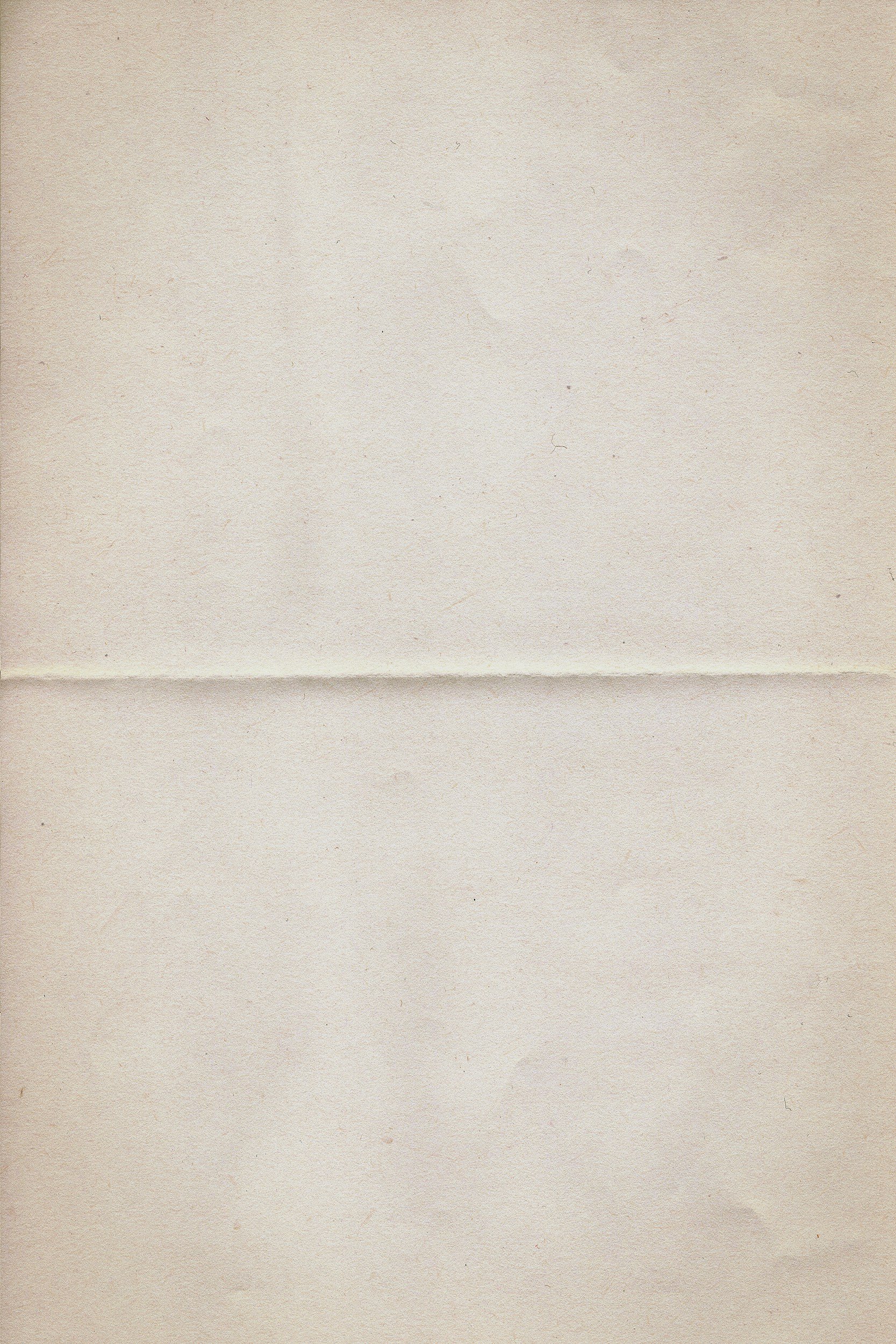
Hi! I’m Emily.
But you probably knew that.
Look, I’m not here to waste your time. If you’ve done your research, you’ll know that any copyeditor or proofreader worth their salt has an eye for detail, a love for words, and a bunch of experience. I’m worth my salt. Besides, why gloat about the consistently high standard of my work when my clients already have me covered?
Get a copyeditor who cares about the same stuff you do. If the following resonates, get in touch. We could be friends!
I care about
People
As cliché as it sounds, I want to make the world a better place. To me, that means making space at the table for those who’ve historically been left out of the conversation.
How does that impact my work?
I use my work to pull up chairs.
I’ve been a language pedant for as long as I can remember. A few years ago, I decided to stop wanking off about it and start using it to enact positive change.
All communication is shaped by the experiences and identities of both the sender(s) and receiver(s). I use my skills to ensure your message is communicated in a way that minimises room for discrimination at either end.
Different people are given different opportunities to be heard. This matters, considering language shapes the world as much as the world shapes language. As an editor, I’ve become extremely well-acquainted with some of the more traditional style guides, which attempt to straddle the descriptionist-prescriptionist divide. Fortunately, the world is far too complex to be squashed into a single book. I’ll be editing your writing through the lens of intersectional feminism, which often means ditching the style guide in favour of nuance.
My clients matter, and I take pride in preserving their authenticity whilst making their message as accessible and concise as possible. I use my education and love for language to amplify the voices of those who otherwise might not be heard or understood.

I care about
Community
If we care about people, we must care about the planet. The UN World Commission of Environment and Development defines sustainability as: “The integration of environmental health, social equity and economic vitality in order to create thriving, healthy, diverse and resilient communities for this generation and generations to come”. Unfortunately, we’ve already sort of fucked it up. To nurture such communities, we must actively prioritise sustainability with every choice we make, from the food we eat to the news we digest.
How does that impact my work?
I like to work with businesses, writers, and publishing-houses who give a shit about the environment, social equity, and economic vitality. This selective attitude has led me to work with fantastic people in fantastic communities, from dyslexic women in leadership to vegan students of environmental science.
I’m an intersectional feminist and a member of the LGBTQ+ community, so I take pride in my work with creators and business owners who actively support the inclusivity and visibility of anyone subject to oppression. Through my work, I use my privilege as an educated native-English speaker to level the playing field and make space for social change in the name of sustainability.
In support of the communities affected by climate change globally, I plant one tree for every 1,000 words I edit.
I care about
Language
Have you ever seen ‘My Big Fat Greek Wedding’? Well, if you switch out Windex for coconut oil and Greek for linguistics, I’m basically Toula’s dad. Everything comes back to linguistics.
Consider it anthropologically, biologically, phonetically, psychologically, culturally, artistically, grammatically, historically… however you like! Linguistics underpins every interaction we have with the world. It’s an incredible field that I can’t seem to keep my head out of.
In my spare time, I listen to nerdy wordy podcasts, teach Spanish, and write poems. I love to study semantics, grammar, and syntax, but when I stopped trying to ‘correct’ language and started evaluating it with respect to context, I began to better understand the messages I was being sent as well as the world in which I was receiving them.
How does that impact my work?
Across the globe, there stands a bias that leans in favour of the academic elite when it comes to language. I get it, “The limits of my language mean the limits of my world”. But (shockingly) great ideas can also come from people who don’t know their ‘who’ from their ‘whom’. Language is about communication – it boils down to whether or not our messages are being received as they were intended to be.
We do not expect broken products to work for us, even when we use them correctly. Similarly, we can not expect the language of a broken system to consistently work for us. English is a complex product of a problematic system, so it’s no wonder intention can be lost to ‘correctness’.
That said, intention can also be lost to ‘incorrectness’. The difference between, “No, more wine!” and “No more wine!” could spell the making or breaking of a night. Communication is a two-way street. Whilst preserving the voice, message, and authenticity of the sender, we must also consider the receiver and acknowledge the power language wields.
This is where I come in. I’m an expert in navigating dualities: individuality and accessibility; comprehensibility and nuance; incorrectness and snobbery… and I enjoy every minute of it.

Let’s get your project moving in the right direction.
(Go on, it’s free!)
